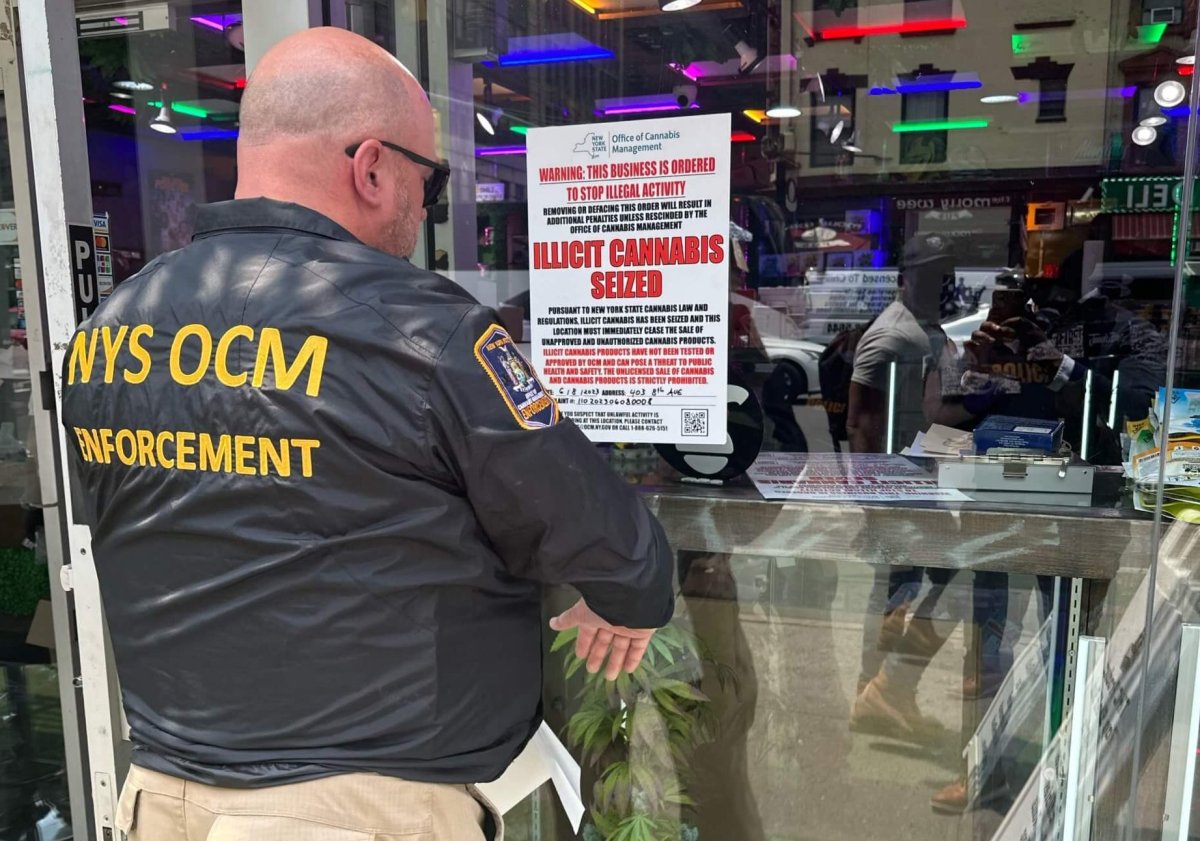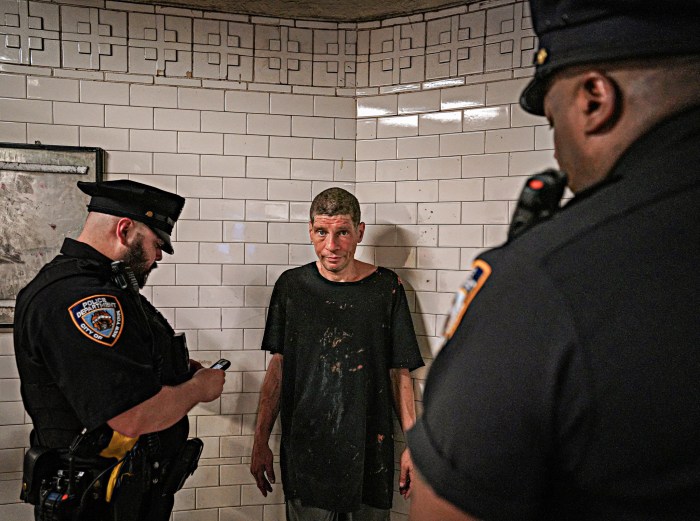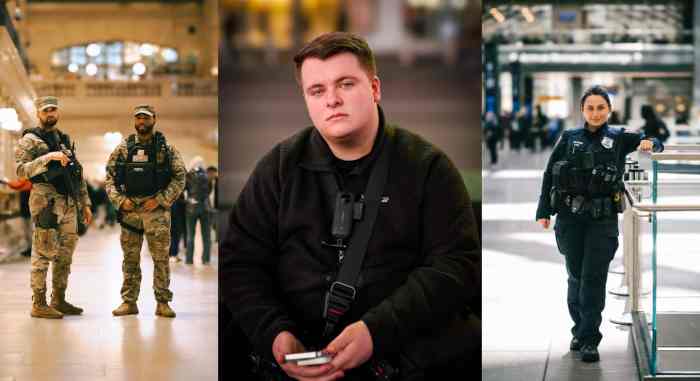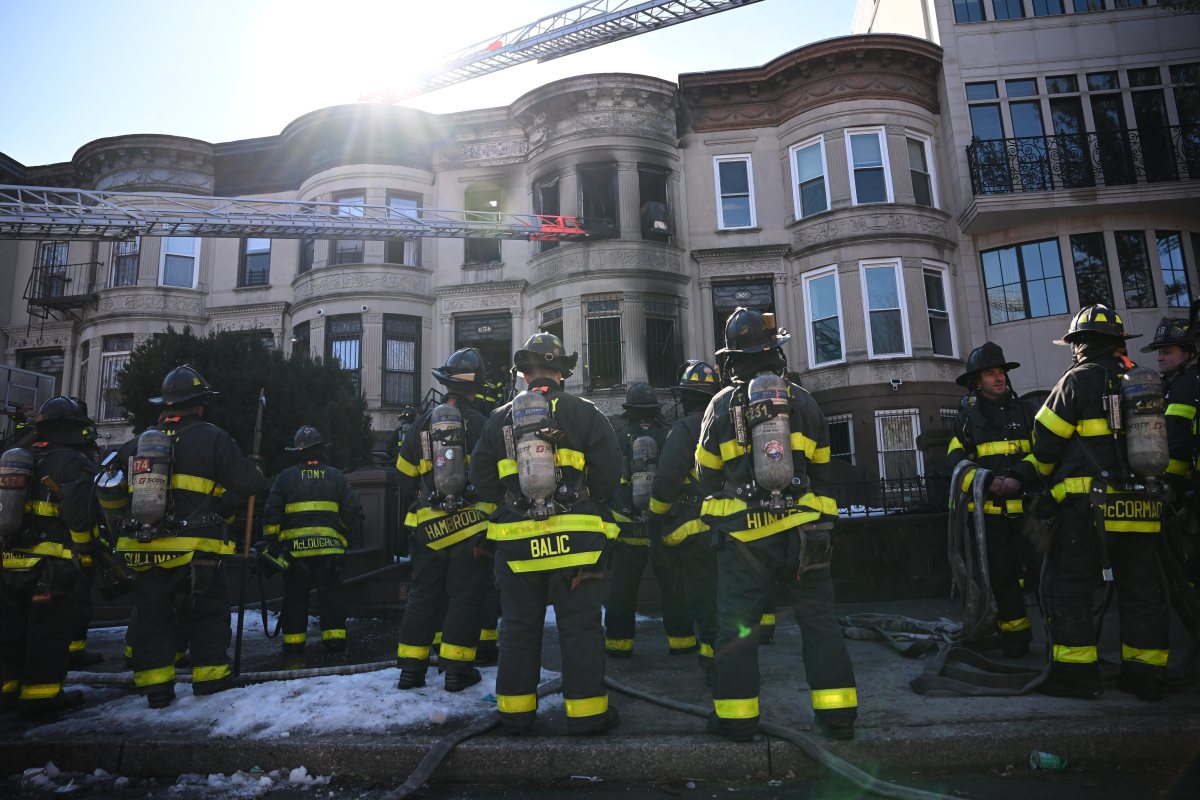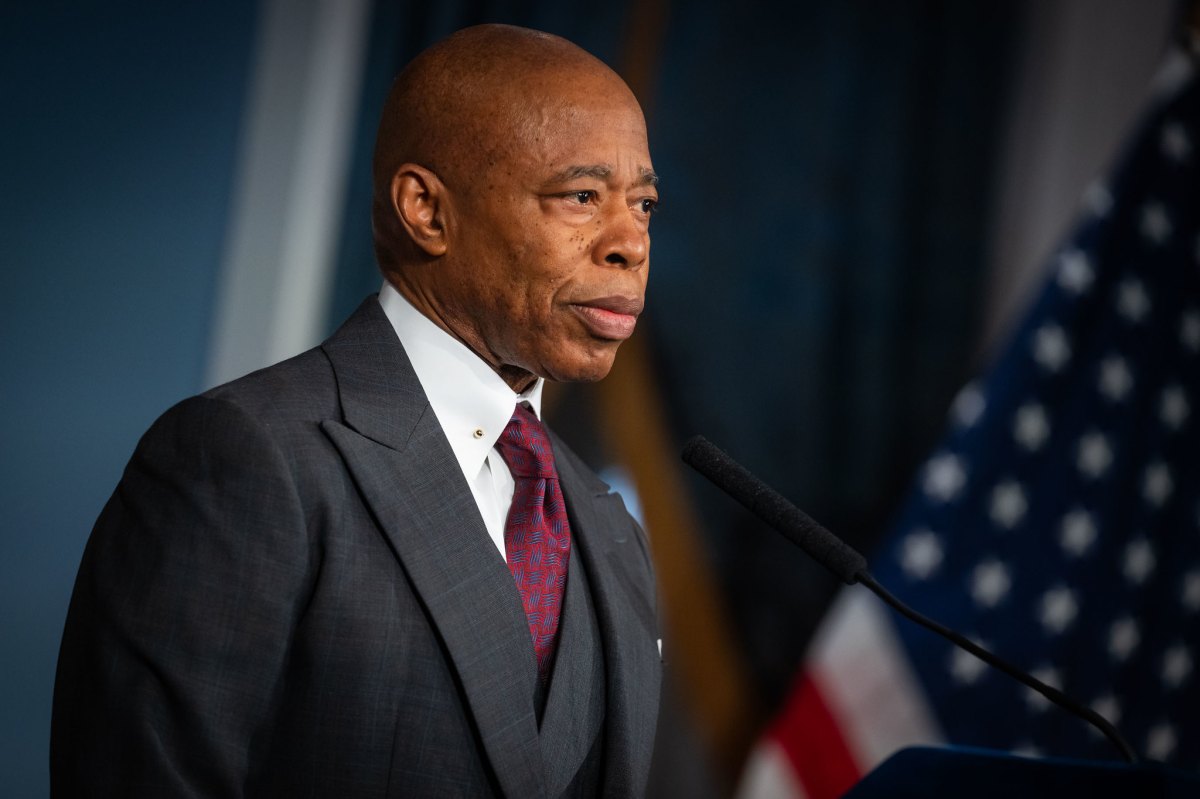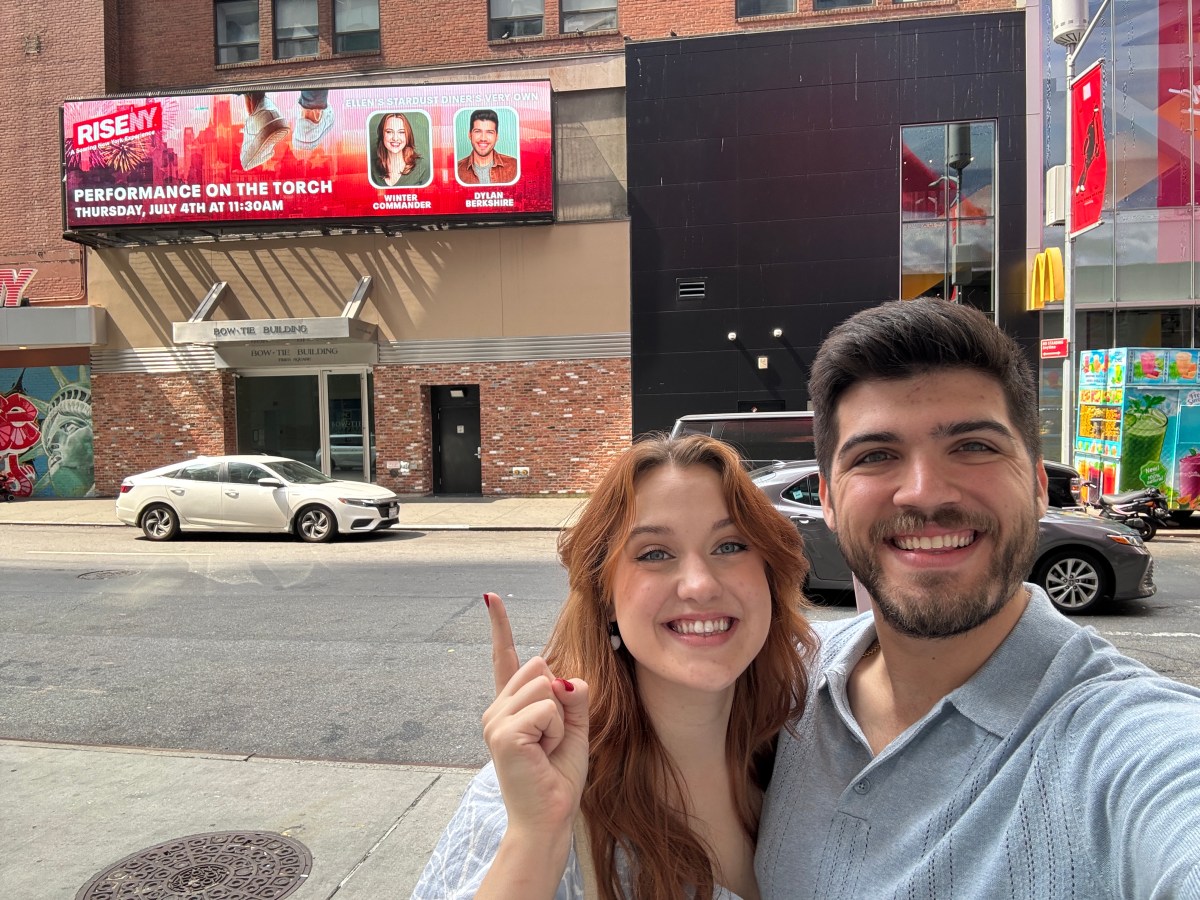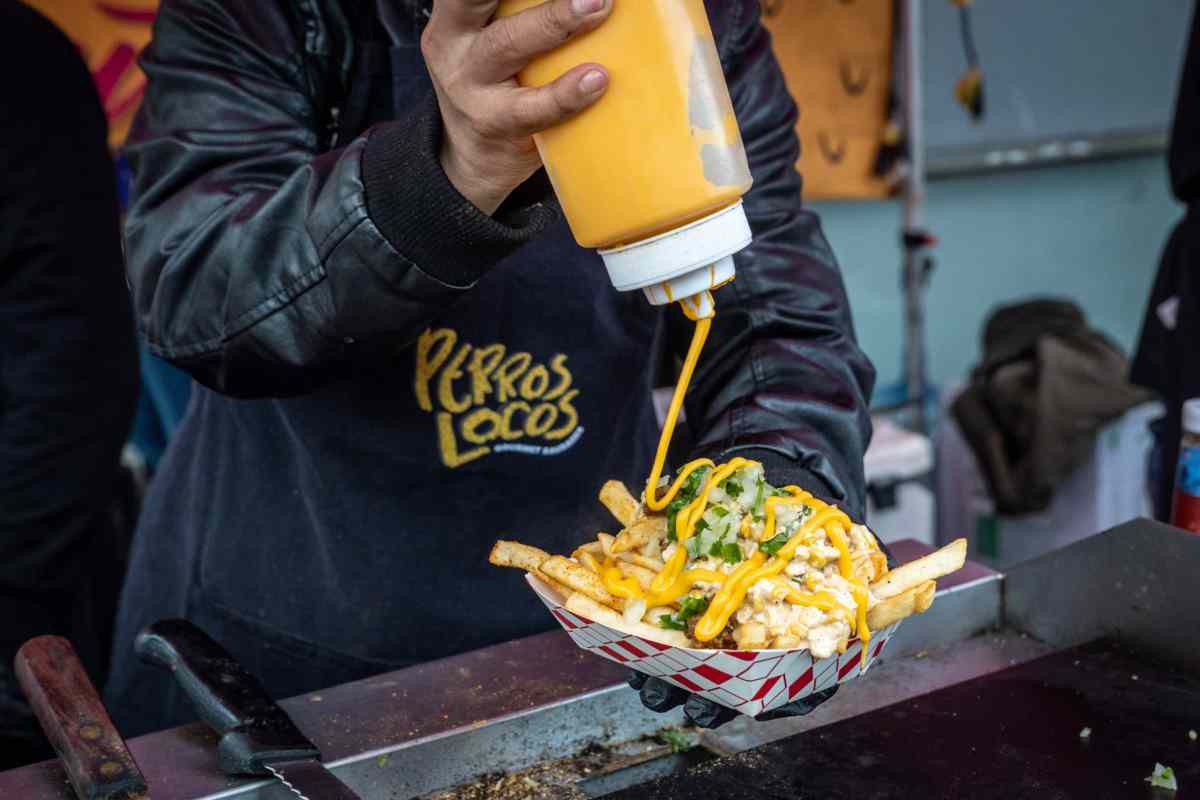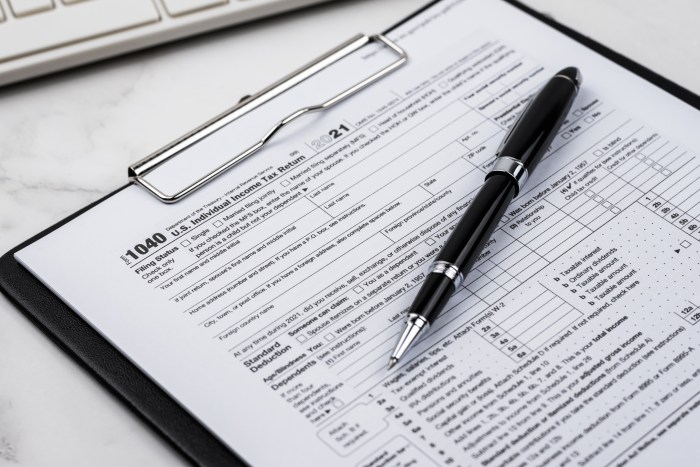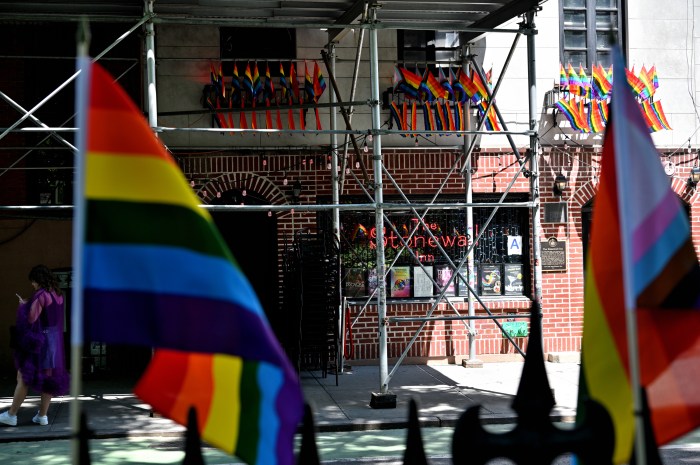Officials raided illegal cannabis shops in Manhattan on Wednesday — the first enforcement push since legislators expanded the power that state agencies have to punish the stores, which have become nuisances to many New Yorkers but everyday fixtures on city blocks from Brighton Beach to the Upper West Side.
The Office of Cannabis Management (OCM) and the Department of Tax and Finance confiscated illegal goods and fined seven stores in Manhattan $10,000 each — with an additional $20,000 per day fine levied if they continued selling the goods, officials said.
Under the new law, the OCM can confiscate goods and request the stores be shut down while the Department of Taxation and Finance can issue steep fines for unpaid taxes on the illegal sales, according to the governor’s office. Each fine issued Wednesday will be reviewed by an administrative judge before being final, officials said.
“New York is proud to have undertaken the most equitable legal cannabis roll-out in the nation and the State will not stand idle as unlicensed operators break the law,” said Governor Kathy Hochul, in a statement. “These enforcement actions are critical steps to protect and help those individuals who were promised a shot to start a legal business and be successful.”
Cities and towns across New York grappled with how to close the illegal shops as they expanded despite previous attempts to rein them in. Common complaints are that the shops frequently sell to minors, do not test their products, and skirt tax revenue.
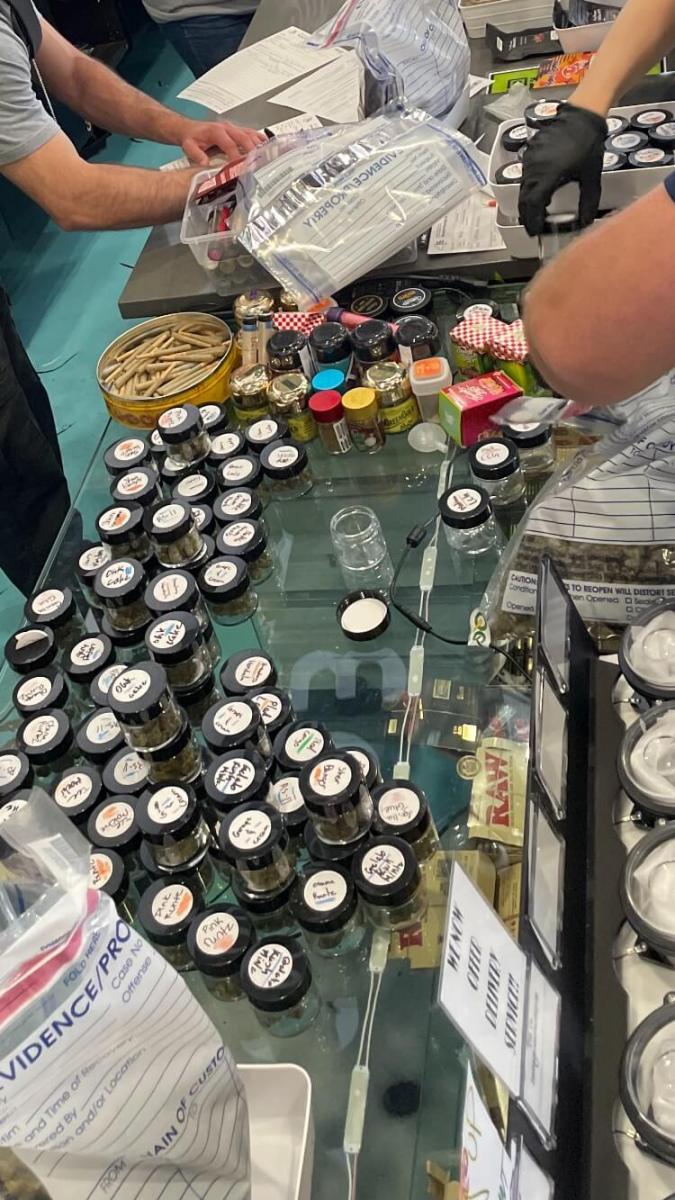
In New York City alone, more than 1,500 illegal shops have open compared to just seven legal dispensaries — threatening the profitability of the nascent legal market.
In light of this, lawmakers gave the two state agencies, which typically do not have strong enforcement power, the ability to raid and levy fines as part of a provision in the 2024 budget package that passed in May.
Armed authorities wearing bullet proof vests slapped large red warning signs on the front of each location in Manhattan, identifying that it had violated state law. If stores removed the signs, they faced an additional $5,000 fine, officials said.
“Through the collaboration of our enforcement teams and law enforcement agencies, we will be able to take meaningful action against illegal cannabis operations that pose countless risks to our communities,” said OCM Executive Director Chris Alexander in a statement. “This targeted operation is a significant step towards promoting a safe, transparent cannabis industry in New York State.”
Fighting to avoid California’s mistakes
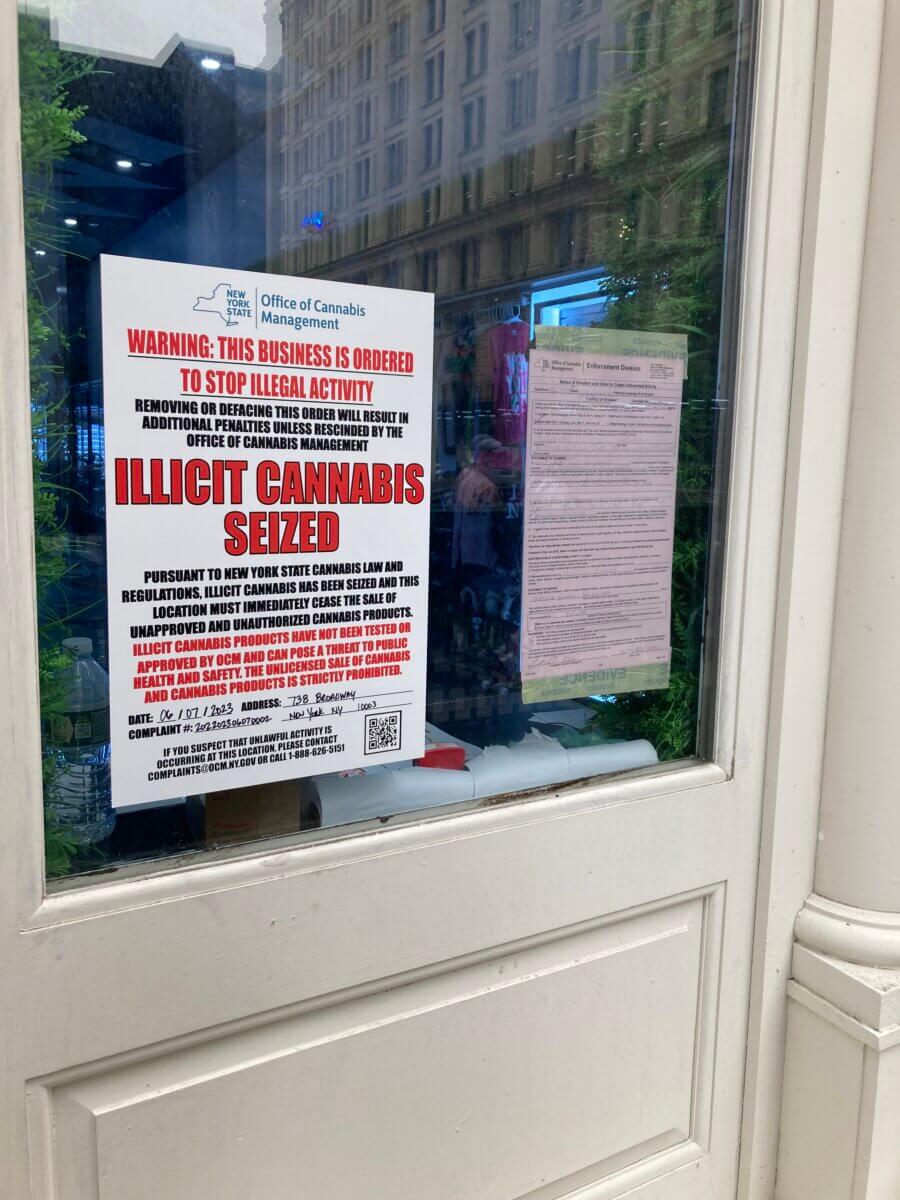
The expansion of illegal stores is due, in part, to a catch-22 in New York’s well-intentioned cannabis legalization effort.
Haunted by the heavy-handed war on drugs — that disproportionately affected black and brown residents — officials moved away from doling out arrests for the drug. Subsequently, illegal shops opened up with relative impunity and faced only intermittent fines.
The regulations enhanced the number of penalties that can be placed on a store; it also increased the speed at which agencies can tackle the issue. Previously, state agencies had to be accompanied on raids by the sheriff’s offices or police departments — slowing down the rate at which agencies could vet stores.
“It’s not that they haven’t done some enforcement before, but they are finally getting serious about it. The legislature has just made it clear to everybody we need this,” said cannabis attorney Jeffrey Hoffman. “The question before was, ‘can we do it? should we do it?’ The order is clear now: we need you to do this.”
Unlicensed stores have also been targets for robberies due to the amount of cash involved. Smoke shop robberies in New York City increased more than four times since 2021, according to reports.
Manhattan District Attorney Alvin Bragg targeted illegal weed stores in Manhattan in February by threatening landlords with eviction if they leased to unlicensed shops.
New York risks the future of legal cannabis sales if it fails to rein in the rampant black market. In California — the nation’s largest cannabis state and a predictor for market trends — illegal businesses have overtaken the lion’s share of the market, wiping out countless small businesses along with valuable state tax revenue.
“If New York cannot get a hold of its legal stores then you’re going to be California part two, if not worse,” said Hoffman. “Seventy or 80 percent of the market in California is still the illicit market.”
Read more: Best Fourth of July Fireworks Viewing Spots in NYC



